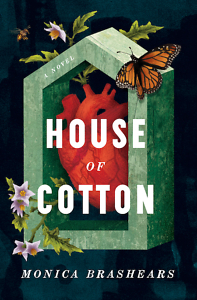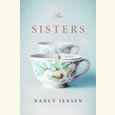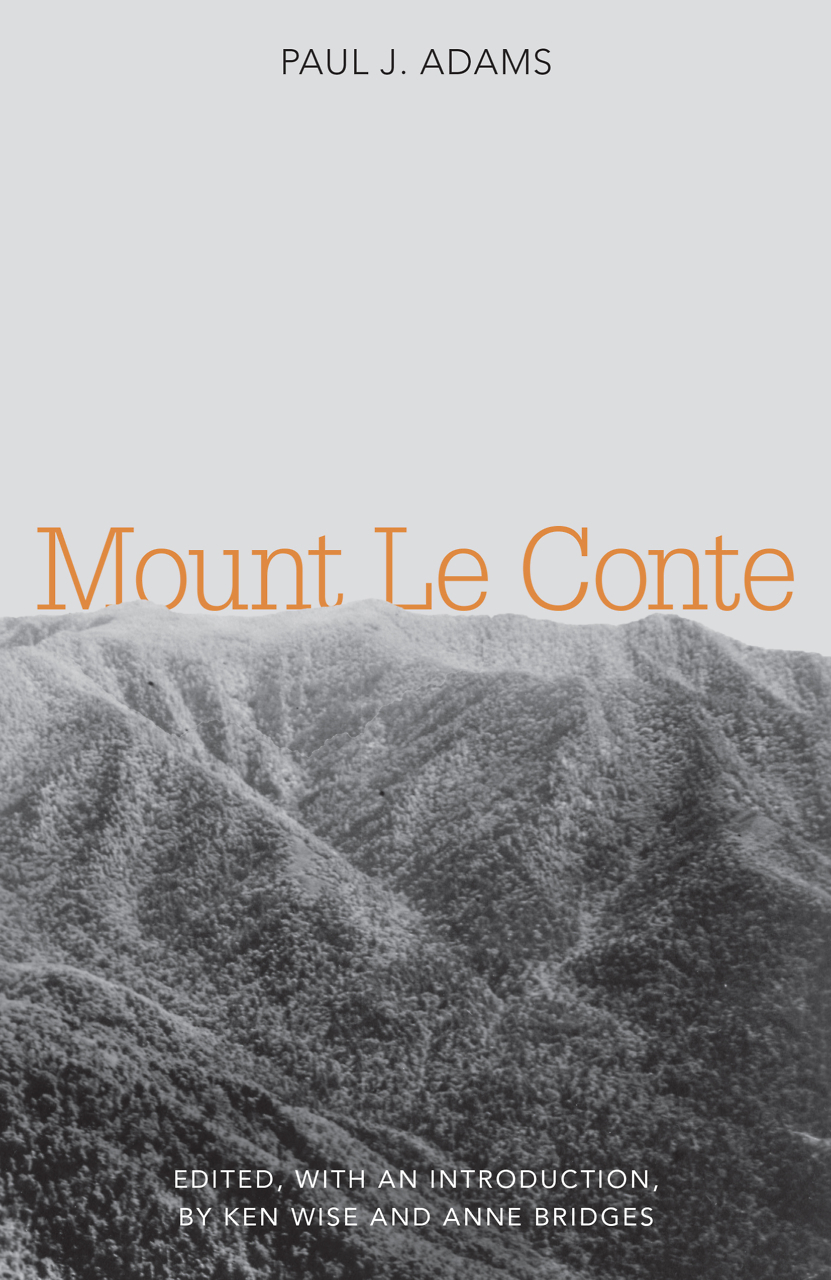Motherless Child
Monica Brashears’ debut novel delivers a strange, haunting world
FROM THE CHAPTER 16 ARCHIVE: This review originally appeared on April 10, 2023. The post has been updated with new publication details.
***
The well-known spiritual “Sometimes I Feel Like a Motherless Child” has been performed by artists such as Mahalia Jackson, John Legend, and even Hootie and the Blowfish. Its haunting melody and lyrics are full of despair, likely drawing on the terrifying reality of a child who has been sold away from their enslaved mother. But what of the mother who has lost her child? What if the lost child is no longer a child but a woman capable of bringing new life into the world herself? Monica Brashears’ tremendous debut novel House of Cotton considers such questions as it follows 19-year-old Magnolia Brown through exploration and exploitation, longing and grief.

The book opens with Magnolia at the funeral of Mama Brown, her grandmother and the one who has kept her fed and safe and whole in the four years since her mother, Cherry, effectively disappeared into drugs. Magnolia feels trapped and explains, “When I get this way, when I feel like kudzu is wrapped tight around my ribcage and I’m bleeding a bright heat, I like to slip inside my head. I can forget about this hardbacked pew and all the silk, wide-brimmed hats bobbing to the mourning gospel. I ain’t here. I ain’t in Mountain Bend Baptist. I ain’t even in Tennessee.”
From the start, Magnolia’s voice rings with clarity and familiarity even as the narrative proceeds to unsettle, taking readers into a flash of the fairy-tale-inspired imaginings inside Magnolia’s head. These snippets are vivid, weaving Magnolia’s Southern roots with the traditional stories of Grimm, Andersen, and the like. But despite her imagination, Magnolia must face the reality of life without her grandmother, and as Mama Brown is buried, Magnolia wonders, “How would I feel if I could weep? Silly. Wetting the earth with tears ain’t ever made anybody sprout. The last light of the day sinks into the ground with her.” She is alone now, uncertain how to move forward with only her gas station job to cover the rent and keep her landlord Sugar Foot at bay.
When Sugar Foot suggests she offer him her body in exchange for rent, she is certain something has to shift, and into that certainty walks a man named Cotton, “a whistling man with blood-smeared hands,” a man who “sounds like he’s from here, but he don’t dress like it,” a man who compares her to Josephine Baker and offers her a modeling job at the funeral parlor he runs. Against her better judgment, she accepts the job, moves in with Cotton and his aunt, Eden, and finds herself haunted — by the ghost of Mama Brown, by the trauma her body has suffered and the ways she is willing to exploit that body to meet Cotton’s increasingly odd demands, and by the life that might be growing inside her.
 Magnolia’s narrative voice is fierce and often forces a feeling of cold detachment, but she is fully embodied — a thoroughly physical creature in a vividly inhabitable world. Even as the edges of reality shift and blur in the story, Magnolia remains a particular body in a particular space. Whether she uses that body in sex with strangers or in depicting the recently deceased, she is seeking a kind of power, even as she suspects that the agency she is claiming might be more slippery than she first imagined. Her mind knows she can’t manage a baby at this point, but her body disagrees: “My body eager in a way I ain’t — Yes, I want to be a cocoon for this baby in me and Please, child, rip me apart with your life, and I will bear fruit and milk. Good, sweet milk.” Magnolia is both a motherless child and a childless mother, and her story is full of raw spots and ragged edges, but in the end, she forges a selfhood, a confidence in who she is and might still become: “And I felt the way newborns must feel – spank of a gloved hand, lungs flushed with swirls of wind. Stunned.”
Magnolia’s narrative voice is fierce and often forces a feeling of cold detachment, but she is fully embodied — a thoroughly physical creature in a vividly inhabitable world. Even as the edges of reality shift and blur in the story, Magnolia remains a particular body in a particular space. Whether she uses that body in sex with strangers or in depicting the recently deceased, she is seeking a kind of power, even as she suspects that the agency she is claiming might be more slippery than she first imagined. Her mind knows she can’t manage a baby at this point, but her body disagrees: “My body eager in a way I ain’t — Yes, I want to be a cocoon for this baby in me and Please, child, rip me apart with your life, and I will bear fruit and milk. Good, sweet milk.” Magnolia is both a motherless child and a childless mother, and her story is full of raw spots and ragged edges, but in the end, she forges a selfhood, a confidence in who she is and might still become: “And I felt the way newborns must feel – spank of a gloved hand, lungs flushed with swirls of wind. Stunned.”
With its reverberations of pain and trauma, House of Cotton is not for the faint of heart; however, it is lush and gorgeous and evidence of a new and decisive talent in Monica Brashears, who grew up near Knoxville. Brashears employs language like a knife, cutting and shaping with remarkable dexterity, and the result is a wonderwork of a first book. This is a novel that sweats and broods, a story where something fretful is always boiling just under the surface. It embraces its Southern Gothic heritage and then leans past it into something unexpected. Readers will be submerged into Magnolia’s strange, haunting world and will emerge changed.

Sara Beth West is a writer and reviewer, usually found at sarabethwest.com. She lives in Chattanooga with her family, dogs, and a cat who always, always, always thinks it is time for dinner.


